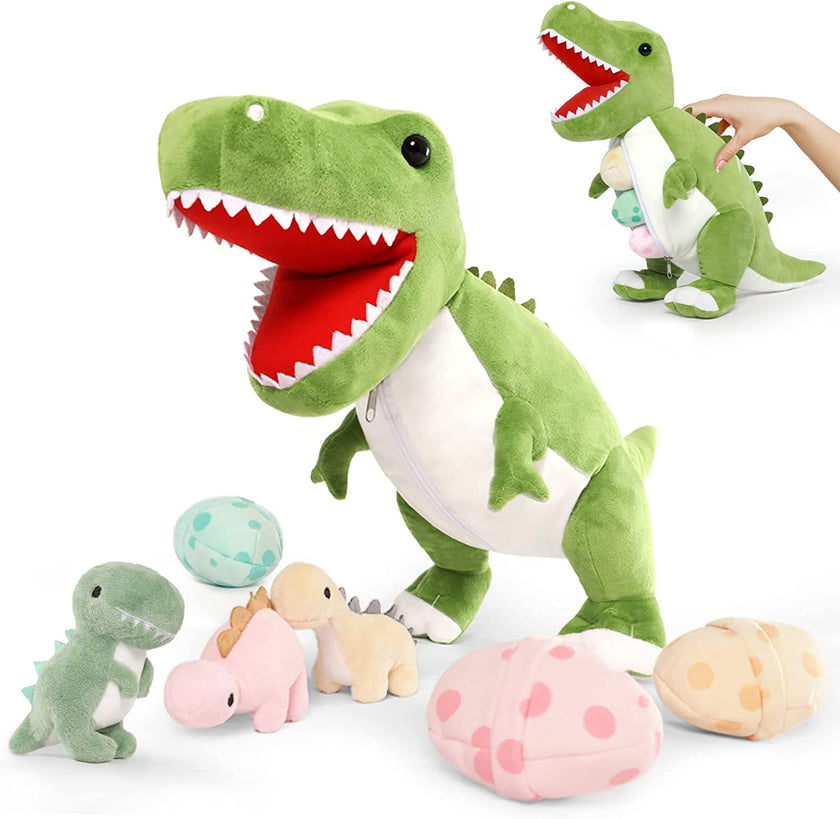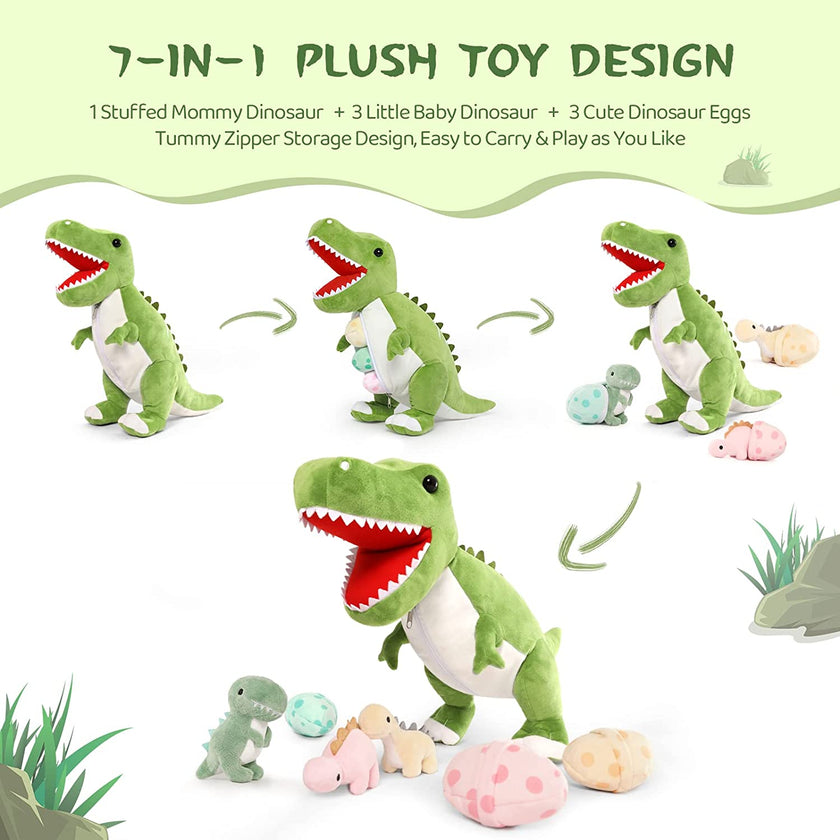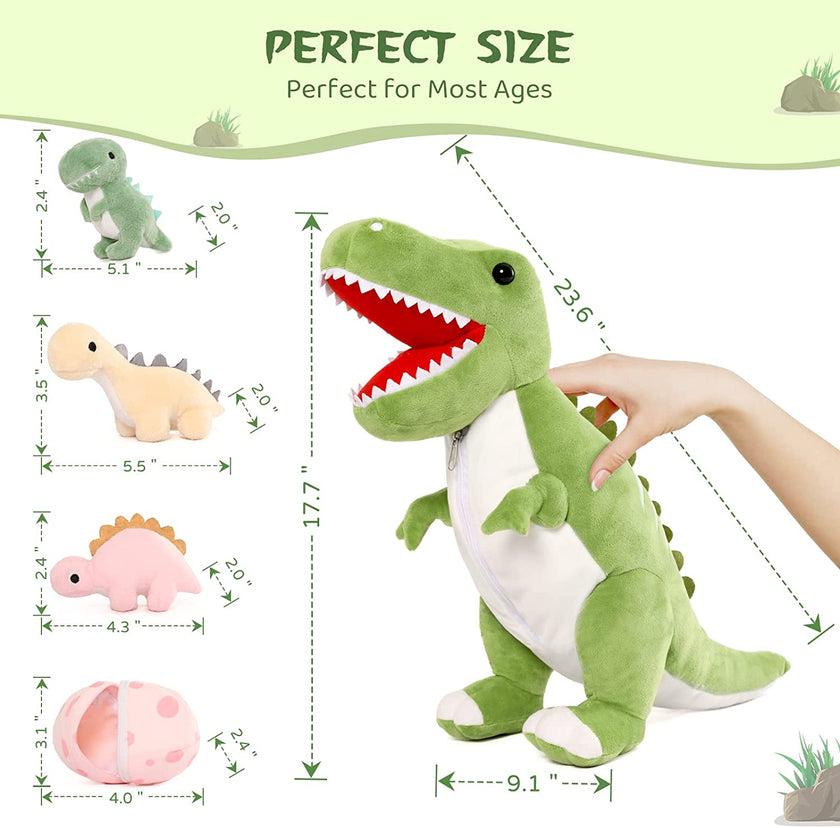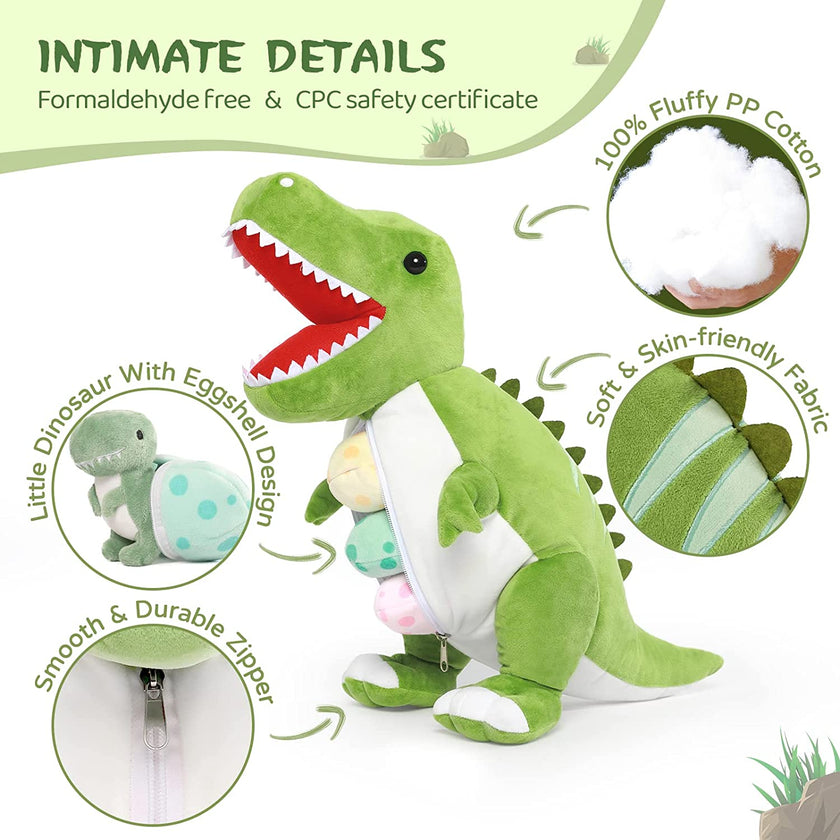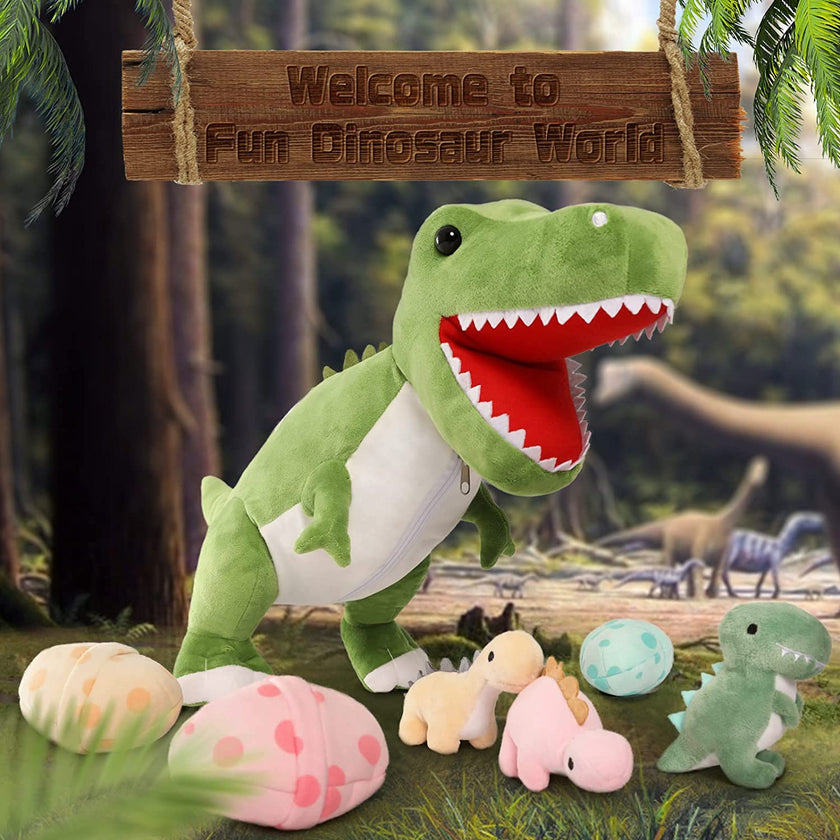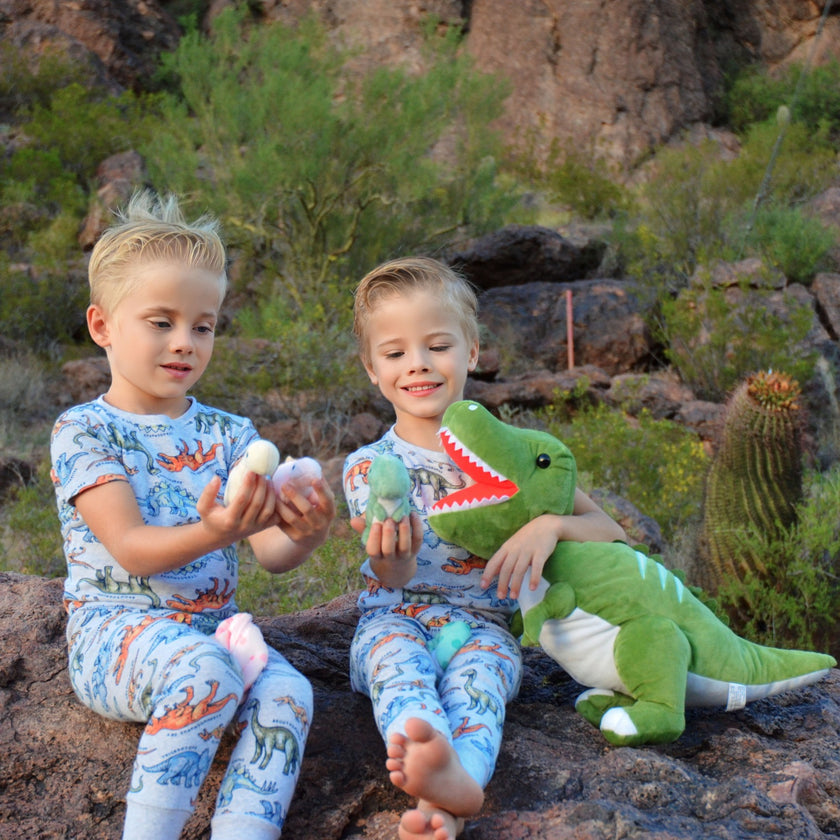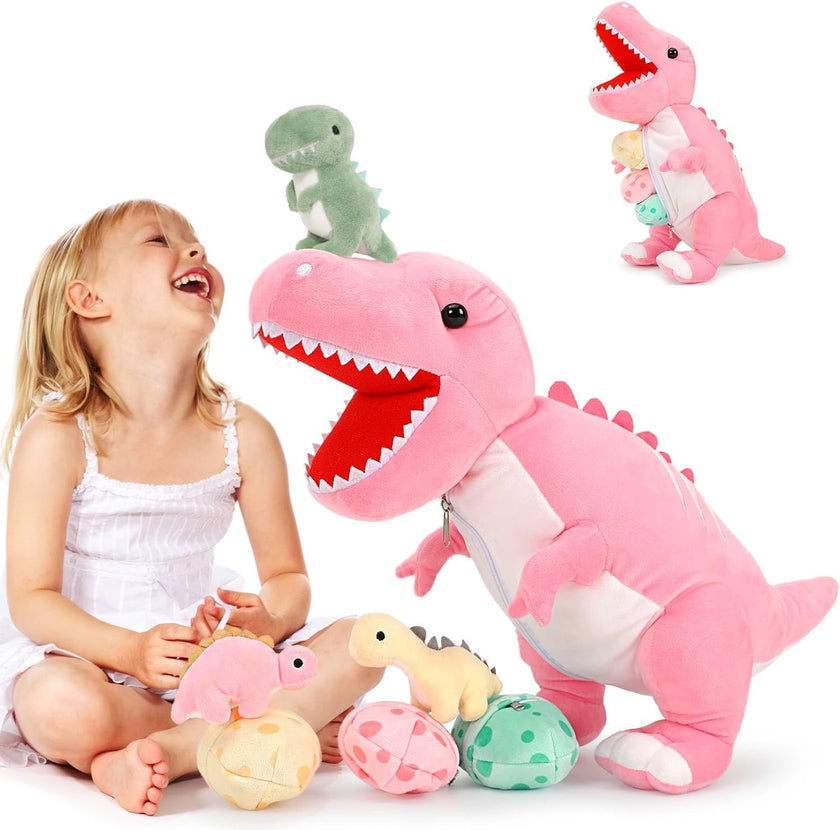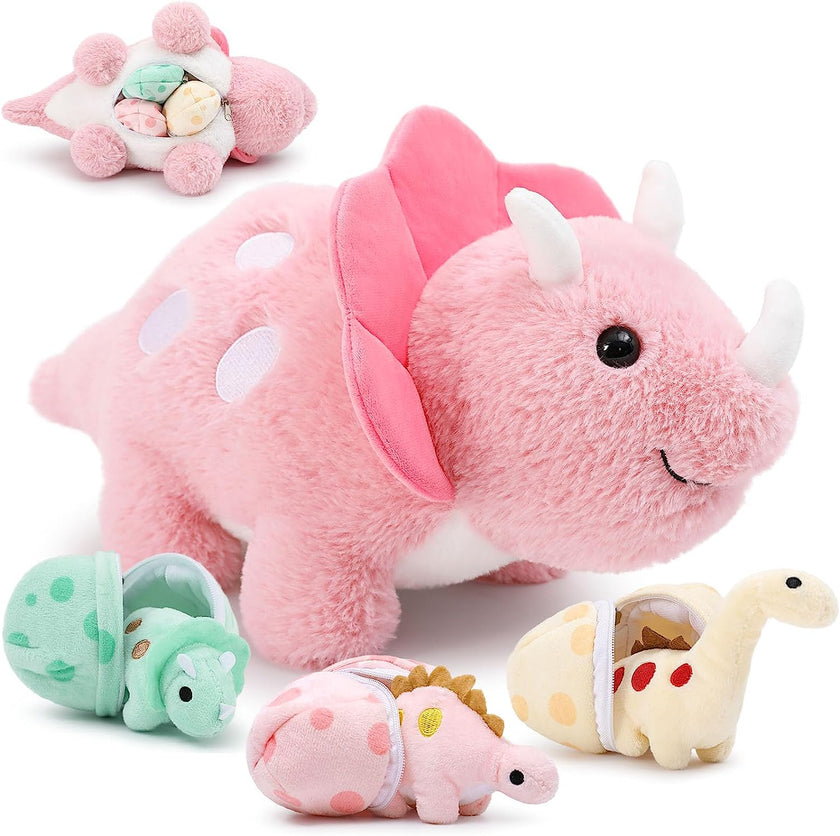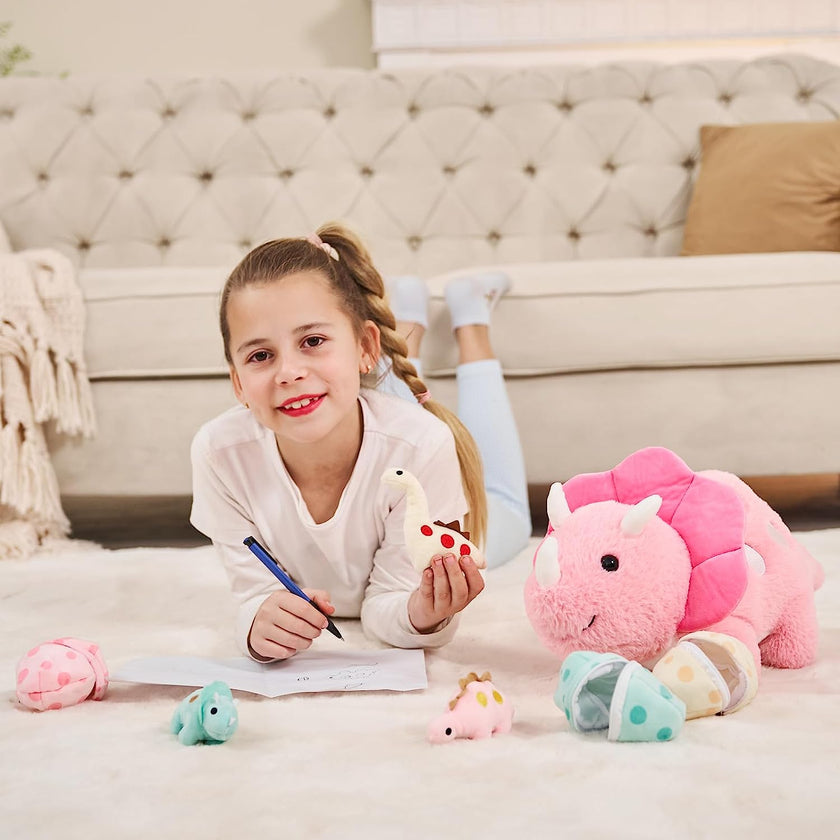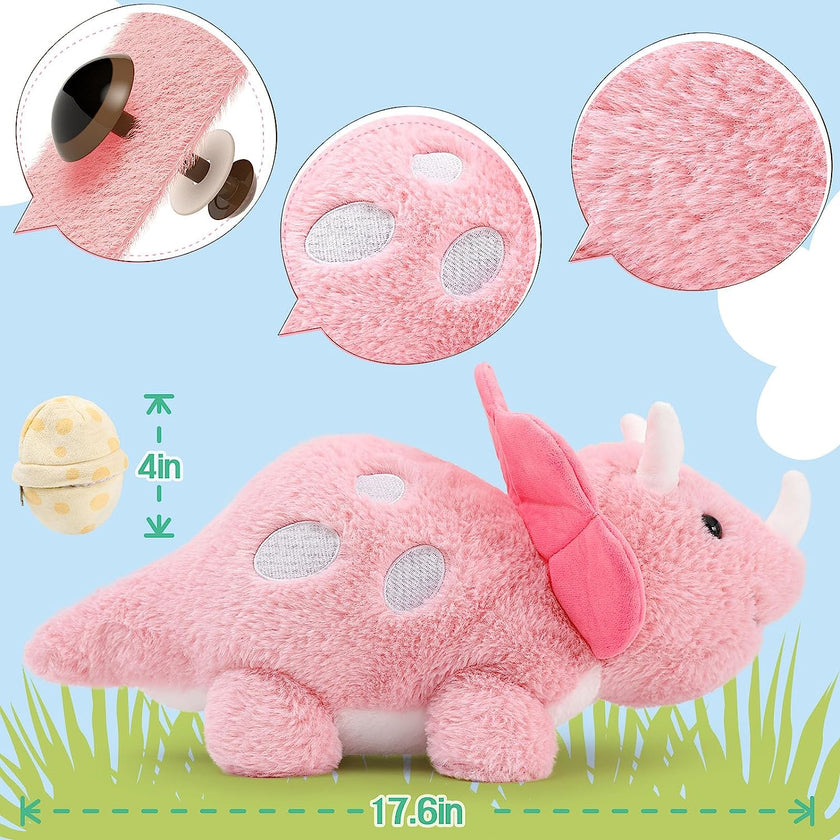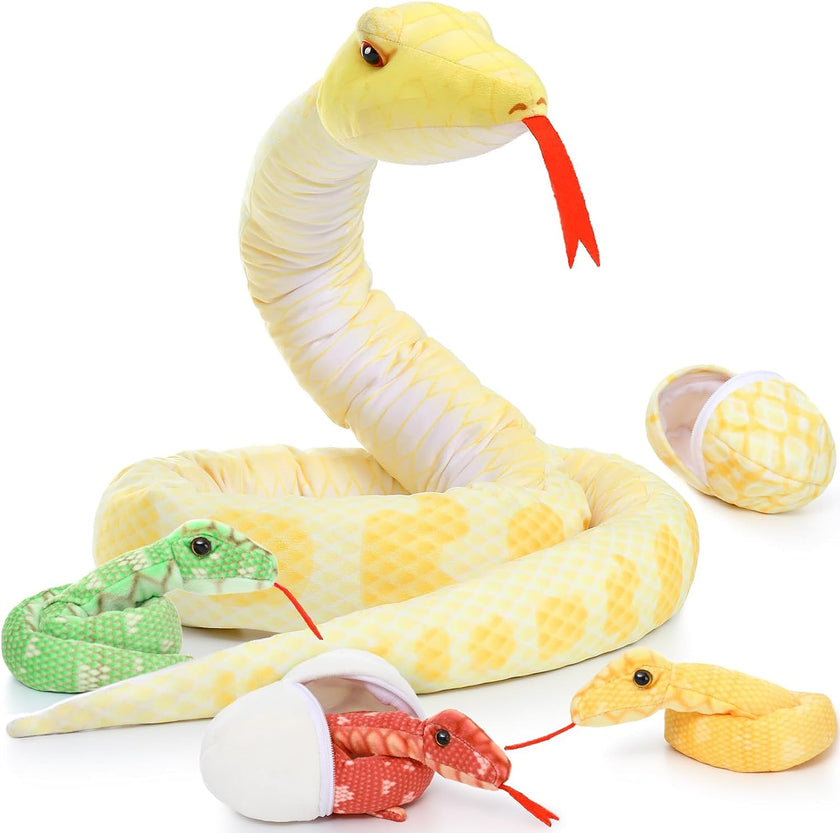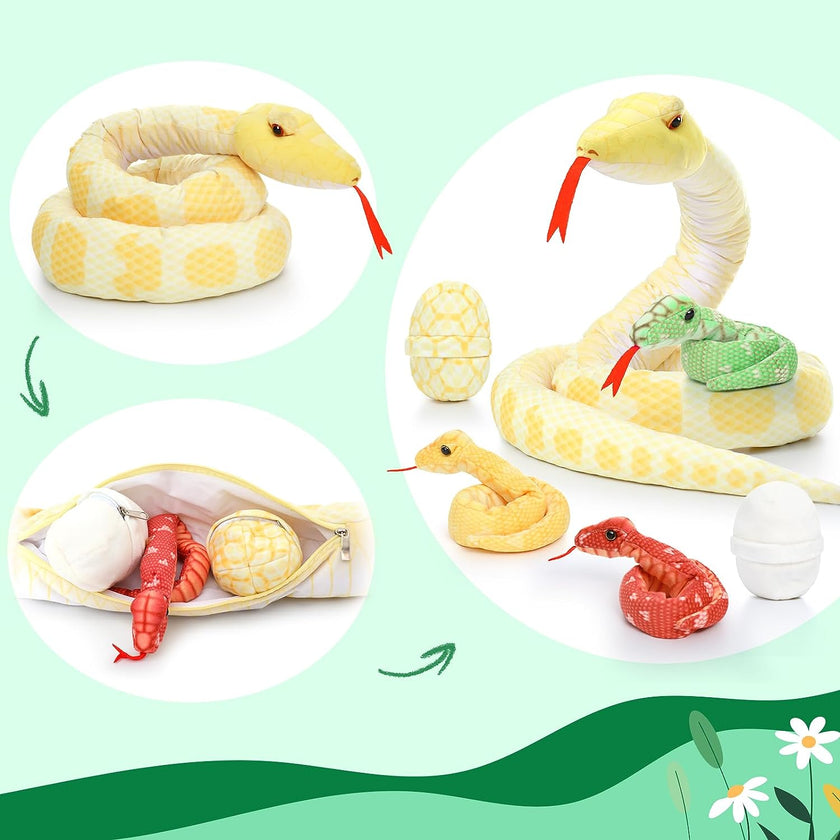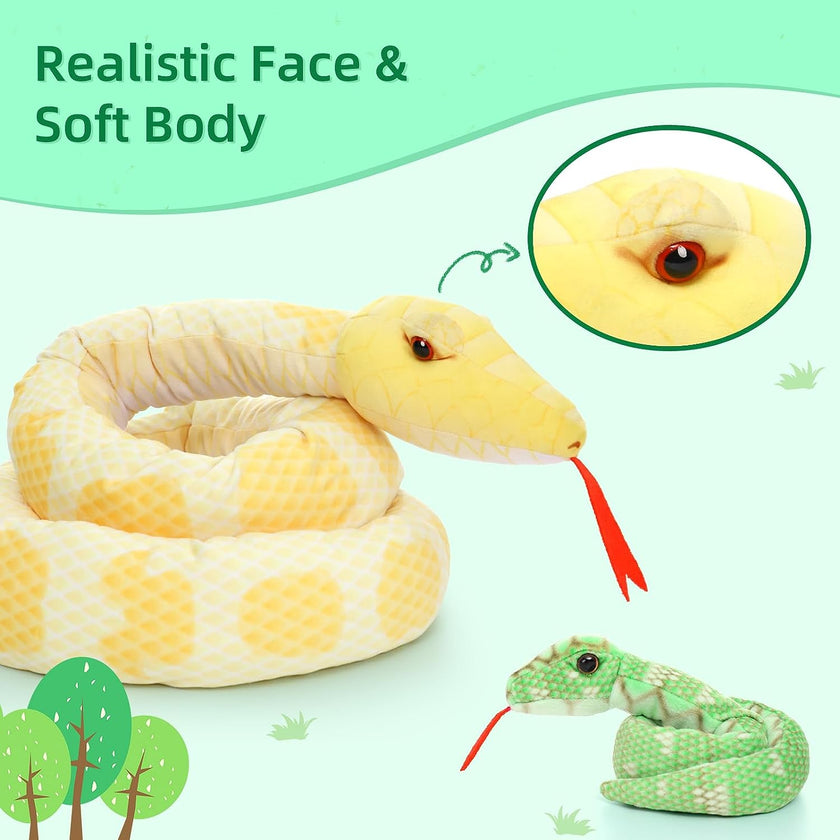There’s something incredibly comforting about a childhood stuffed animal. Whether it’s a teddy bear, a cute bunny, or a beloved plush dog, these soft, cuddly companions often hold a special place in our hearts long after we outgrow them. But why do we keep returning to these plush toys, even as adults? What is it about these childhood treasures that continue to evoke such warmth, comfort, and nostalgia?
In this blog post, we’ll explore the reasons behind our enduring love for stuffed animals, how they connect to our childhood memories, and why many of us still find solace in their familiar embrace. Plus, we’ll delve into the psychological and emotional benefits of plush toys—whether you’re a collector, a parent, or simply someone who loves to indulge in a bit of nostalgia.
The Magic of Plush Toys: More Than Just a Toy
Plush toys aren’t just childhood playthings; they are often our first friends. For many children, their first stuffed animal is a source of comfort, companionship, and security. These soft toys are often with us through moments of joy, fear, and everything in between. The simple act of hugging a teddy bear can provide a sense of calm and reassurance, making them a key part of our emotional development.
But even as adults, these cuddly companions hold a unique emotional significance. They serve as physical reminders of simpler times, a time when life was less complicated and the world felt safer. Our attachment to plush toys is deeply rooted in our need for emotional security and connection. Many of us form a bond with these toys that transcends childhood, creating a sense of comfort and nostalgia that we continue to cherish long into adulthood.
The Science Behind Plush Toy Nostalgia
The emotional connection to stuffed animals goes beyond just fond memories—it’s also backed by science. Studies have shown that objects from childhood, such as plush toys, can trigger strong feelings of nostalgia, which in turn can boost our mood and emotional well-being. When we interact with an item from our past, like a favorite teddy bear or plush dog, our brain releases feel-good hormones, such as dopamine and oxytocin, which contribute to a sense of happiness and contentment.
This emotional response is part of a phenomenon known as "comfort object theory." Researchers suggest that comfort objects, like stuffed animals, offer emotional stability and security, particularly during times of stress or anxiety. For adults, holding onto a stuffed animal from childhood can serve as a powerful coping mechanism, providing comfort during challenging or uncertain times.
Plush Toys as Sentimental Keepsakes
For many adults, plush toys are not just about nostalgia—they are also cherished keepsakes. Stuffed animals often serve as physical representations of important memories, such as family vacations, birthdays, or holiday traditions. A teddy bear that was given as a gift, or a stuffed rabbit passed down from a grandparent, becomes more than just a toy—it becomes a symbol of love, connection, and history.
As we grow older, we begin to view these childhood mementos through a lens of sentimental value. In fact, some people choose to keep their childhood plush toys as a way of preserving the innocence and joy of their younger years. Whether displayed on a shelf, carefully packed away in a memory box, or tucked away on a bed, these plush toys remain a constant reminder of who we were, and perhaps more importantly, who we still are at heart.
The Rise of Plush Toy Collecting
In recent years, there has been a surge in the popularity of plush toy collecting, with adults increasingly joining the ranks of avid collectors. The rise of limited-edition plush toys, character-based collectibles, and designer plush lines has made stuffed animals an appealing hobby for people of all ages. Collectors often seek out rare or vintage pieces, which can have significant sentimental and financial value.
This trend speaks to the deep emotional connection many people still have with their childhood stuffed animals. Collecting plush toys is often more than just a way to amass cute or rare items—it’s a form of self-expression, a way of holding onto the past while simultaneously embracing the present. Whether it's the plushies from popular franchises like Pokémon, Disney, or Sanrio, or exclusive designer pieces from brands like Squishmallows or Build-A-Bear, the appeal of plush toys is undeniably universal.
Plush Toys and Mental Health: More Than Just Comfort
While plush toys often evoke feelings of warmth and security, they can also provide tangible benefits for mental health and emotional well-being. Research suggests that having a comfort object can help reduce feelings of anxiety, loneliness, and depression. Many adults turn to their childhood stuffed animals as a way to cope with stress or negative emotions. The simple act of hugging or holding a plush toy can trigger the release of oxytocin, a hormone associated with feelings of love, bonding, and trust.
For people going through difficult times, such as grief or trauma, plush toys can offer a sense of stability and emotional grounding. Their softness and familiarity provide comfort, allowing individuals to process their emotions in a safe and non-threatening way. In fact, therapists sometimes incorporate plush toys in therapeutic settings, using them as a tool to help patients express emotions and work through challenging experiences.
Why Do We Keep Our Childhood Stuffed Animals?
The answer to this question varies from person to person, but the common thread is that plush toys hold an enduring emotional significance that transcends age. Whether it’s the comforting memories they bring, the sense of security they provide, or the nostalgic connection to childhood innocence, these soft toys continue to be a source of comfort and joy.
For many, plush toys represent a time of life when things were simpler and more carefree. They are reminders of a time when we could seek comfort in a cuddly companion without judgment or shame. In adulthood, where stress and responsibility can weigh heavily, these stuffed animals often serve as a small oasis of peace and happiness.
The Timeless Appeal of Plush Toys
The timeless appeal of plush toys is undeniable. From the soft textures to the comforting presence, plush toys continue to be a source of joy and nostalgia for people of all ages. They remind us of our childhood, of simpler times when life was less complicated, and of the universal need for emotional connection and comfort.
Whether you’re an adult revisiting a childhood treasure or a parent introducing a plush companion to a new generation, these toys continue to hold a special place in our hearts. Their enduring charm lies not only in their softness and cuddliness but also in the emotional bonds they help create and preserve.
Final Thoughts: Embracing the Comfort of Plush Toys
In a world that often feels overwhelming and fast-paced, it’s no surprise that we seek comfort in things that make us feel safe and loved. Plush toys , with their soft textures and familiar shapes, provide a gentle reminder of simpler times. Their ability to evoke nostalgia and comfort makes them timeless treasures, capable of soothing our hearts and minds no matter how old we are.
So, if you find yourself holding onto your childhood stuffed animals, don’t be ashamed. Embrace the comfort and nostalgia they provide. After all, in a world that’s constantly changing, there’s nothing wrong with holding onto a little piece of your past, especially if it makes you feel a little bit more at home.

